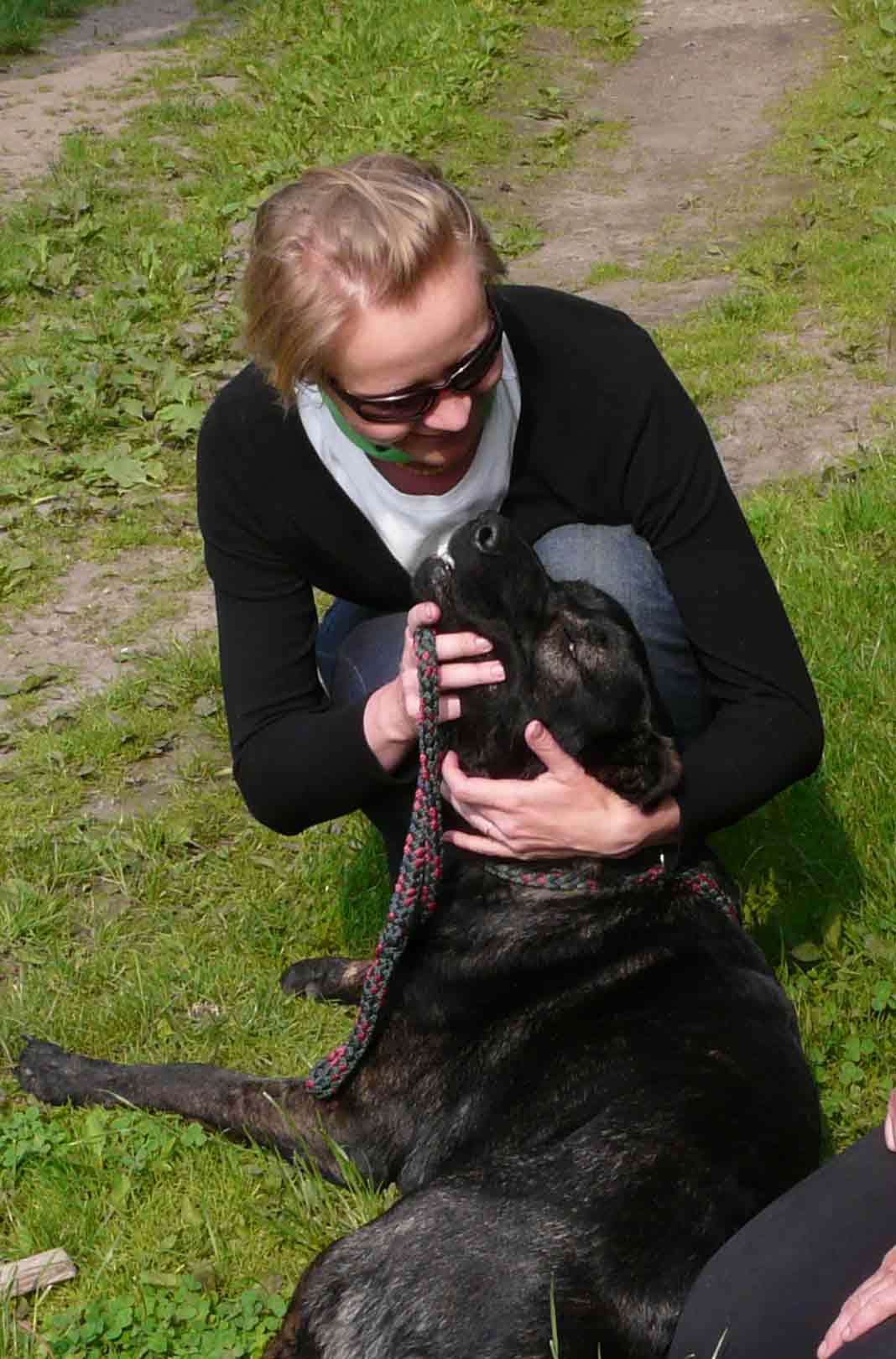Business, leadership and sports, are only theoretically different fields, but in fact, have much in common. Let me tell you a true story that happened recently, with a message you wouldn’t like to miss.
A couple of weeks ago, two extremely good climbers died on Broad Peak. It is a 8047 meters above sea level high mountain, in the Karakoram range, located on a border between China and Pakistan. They were Maciej Berbeka and Tomasz Kowalski (Polish). Perished on a descent, after reaching the top of the mountain, as the first people who climbed it during winter.
There were four of them. Two managed to come back :Adam Bielecki, Artur Malek, and Maciej Berbeka with Tomasz Kowalski who stayed there forever. Winter weather conditions in Karakoram are so severe, that just a handful of climbers are able to try and accomplish such goals like climbing successfully the eight-thousanders.
I wrote about it extensively in this article.
This extreme achievement provides us with equally powerful business and life lessons. Even more so, when we realize that those insights have been proven in life or death situations that usually verify the ideas.
As I wrote above, two men managed to come back, and two didn’t. All of them were extremely courageous and physically strong. All had experience in the mountains. But only two had climbed above 8 thousand meters in the Karakoram during winter.
It means experience, which may be essential for the survival.
However, something else needs to be mentioned here. Something all who lead any kind of projects know about, and sometimes forget.
I am speaking from experience right now, this mistake I know from my own career, and how painful it may be.
Sometimes we all forget about the basic, fundamental things, that in fact play a key role in a successful outcome of a project, a team or its failure.
It is so important, so fanatically remembered by the most successful achievers, business people, sportsmen, parents, and so badly overlooked by many, that the best climbers who spend months on the slopes of the Himalayan and Karakoram mountains, have a saying:
“the real top of a mountain is in the basecamp”
What does it mean? And how it relates to the leadership activities?
Climbing a difficult mountain, means long hours before reaching a top of it. It drains the energy out of their bodies and minds. That environment is characterized by the very low temperatures, high risk of falling down, avalanches, backbone breaking wind, natural competition in a form of the unpredictable natural forces like the few mentioned in this sentence. Every step requires taking many breaths, and takes long minutes.
The top of a mountain is just a part of a way, followed by a descent, when most of the the tragic accidents happen. When they reach a peak, their euphoria is often gone, and they see a difficult way down, tiredness and fast approaching darkness of a night.
Climbers who spend most of their energy on the way up, may have nothing left on the necessary steps in the opposite direction.
Two of them reached the top in the last moments of a day. Swallowed by the complete darkness of a night, with the accompanying exhaustion, their steps were slower and slower…. the distance that should have taken 1 hour, lasted 8.
The amount of energy that was left, wasn’t big enough to help them reach the camp.
It is very tragic, and requires me to mention that I feel sorrow and sadness. But it needs to be mentioned here to strengthen the point.
It’s similarity with the leadership activities, creating and completing projects is too big to be missed.
Imagine an event, like a seminar. The Project has at least two phases. One that leads to the accomplishment of it, and the other after it.
You may talk about success when the both of the two have been completed and things went well. If you put too much of your energy into creating, finding money, building, managing people, managing yourself, stress, and have not much left for the necessary steps after the big day, you are in trouble.
Good thing is also to execute the projects according to your plan, documents completed on time, payments sent, thank you gifts bought and given to the people, websites prepared, during or before the event.
The little things play a vital role
I know how it feels to be exhausted after an event, and had to deal with the documents, people and payments that may sometimes take months to finish. It costs money, time, your attention, involvement with the people you do not want to be connected to, creates stress. It exposes you to those who are ready to judge and criticize.
Also tells you a hidden story of how the things need to be done next time, to make them right…


Recent Comments